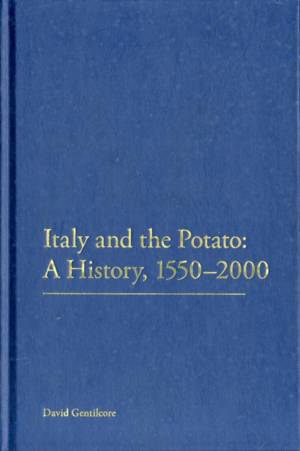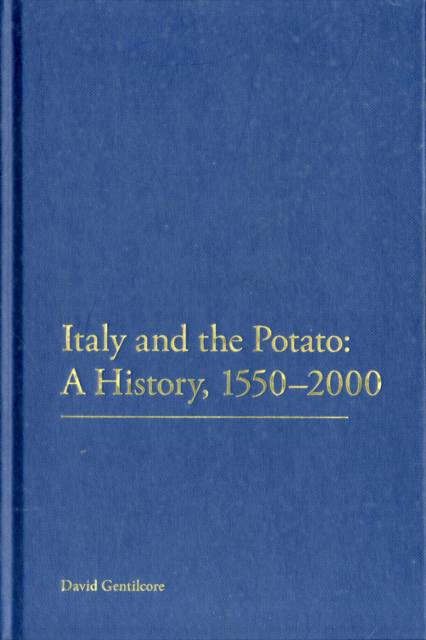
Je cadeautjes zeker op tijd in huis hebben voor de feestdagen? Kom langs in onze winkels en vind het perfecte geschenk!
- Afhalen na 1 uur in een winkel met voorraad
- Gratis thuislevering in België vanaf € 30
- Ruim aanbod met 7 miljoen producten
Je cadeautjes zeker op tijd in huis hebben voor de feestdagen? Kom langs in onze winkels en vind het perfecte geschenk!
- Afhalen na 1 uur in een winkel met voorraad
- Gratis thuislevering in België vanaf € 30
- Ruim aanbod met 7 miljoen producten
Zoeken
Omschrijving
Italy, like the rest of Europe, owes a lot to the Columbian exchange. As a result of this process, in addition to potatoes, Europe acquired maize, tomatoes and most types of beans. All are basic elements of European diet and cookery today. The international importance of the potato today as the worlds most cultivated vegetable highlights its place in the Columbian exchange. While the history of the potato in the United States, Ireland, Britain and other parts of northern Europe is quite well known, little is known about the slow rise and eventual fall of the potato in Italy. This book aims to fill that gap, arguing why the potatos Italian history is important. It is both a social and cultural history of the potato in Italy and a history of agriculture in marginal areas. David Gentilcore examines the developing presence of the potato in elite and peasant culture, its place in the difficult mountain environment, in family recipe notebooks and kitchen accounts, in travellers descriptions, agronomical treatises, cookery books, and in Italian literature.
Specificaties
Betrokkenen
- Auteur(s):
- Uitgeverij:
Inhoud
- Aantal bladzijden:
- 272
- Taal:
- Engels
Eigenschappen
- Productcode (EAN):
- 9781441140388
- Verschijningsdatum:
- 5/04/2012
- Uitvoering:
- Hardcover
- Formaat:
- Genaaid
- Afmetingen:
- 157 mm x 236 mm
- Gewicht:
- 544 g

Alleen bij Standaard Boekhandel
+ 593 punten op je klantenkaart van Standaard Boekhandel
Beoordelingen
We publiceren alleen reviews die voldoen aan de voorwaarden voor reviews. Bekijk onze voorwaarden voor reviews.









